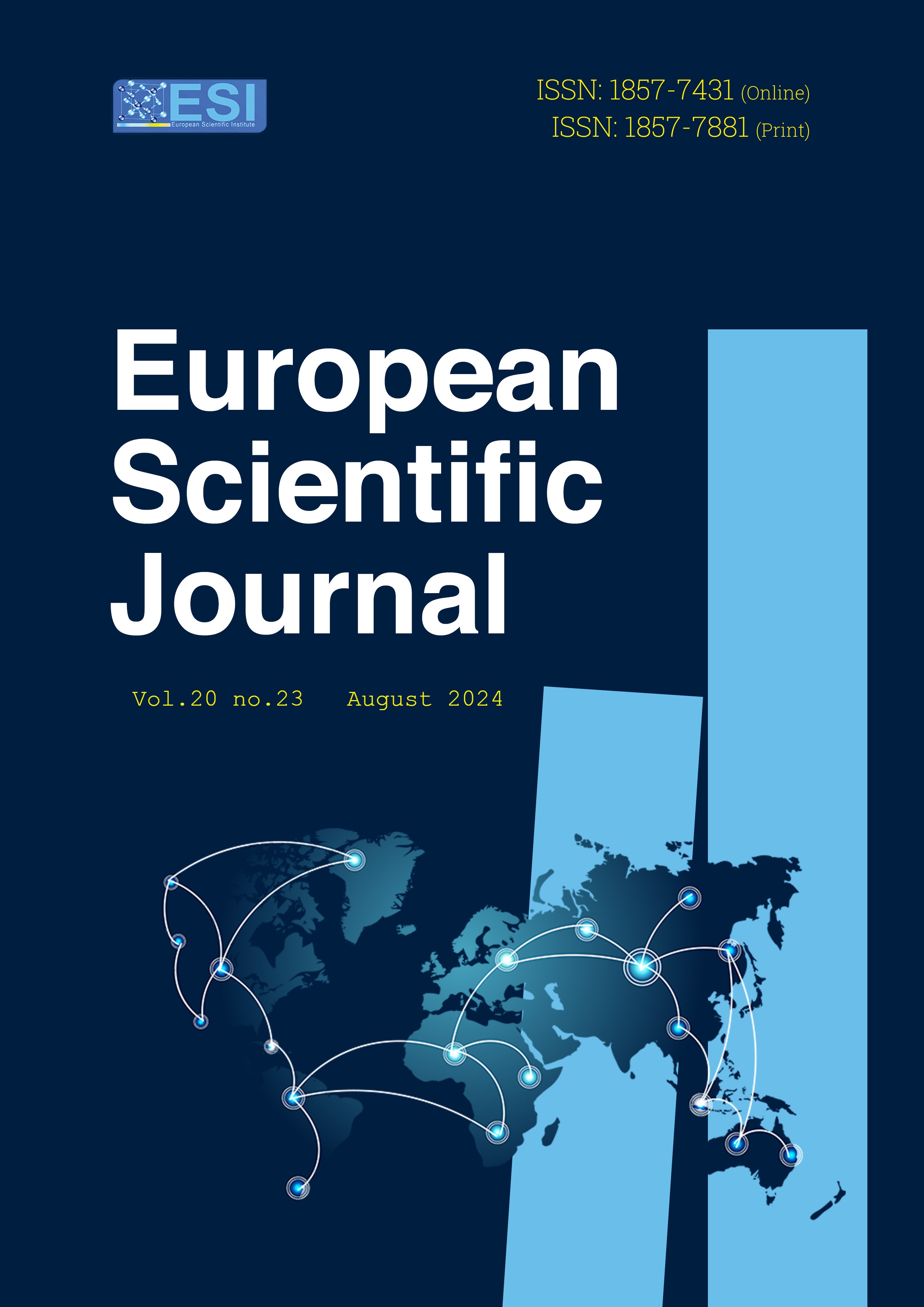Pedagogical Reforms in the Initial Training of Moroccan Teachers: The Emergence of a New Training Paradigm and New Concepts
Abstract
In recent decades, countries around the world, including Morocco, have undertaken far-reaching reforms of their education systems to improve performance and efficiency. The initial training of future Moroccan teachers has been the subject of an innovative reform, introducing a new paradigm conveying concepts conducive to change. This article examines why the change envisaged by the reforms has not taken place, focusing on the epistemological dimension. It analyzes the relationship between the signifier and the signified of three key concepts: professionalization, integrative alternation, and reflexivity. The reforms failed to bring about the desired changes because of epistemological drifts caused by semantic distortions and cognitive biases in the implementation of the transformation project. The success of the new educational paradigm depends not only on the intrinsic quality of the concepts but, above all, on their understanding, assimilation, and translation into practice. The major challenge lies in the ability to preserve the integrity of the paradigm throughout its deployment, from its theoretical conception to its application in the field.
Downloads
PlumX Statistics
References
2. Ben Jaafar, S., & Elmeski, M. (2018). La réforme de l'éducation au Maroc : de nouvelles approches pédagogiques et organisationnelles. Revue internationale d'éducation comparée.
3. Benmansour, N., & Bennani, F. (2023). Réussite scolaire et pratiques éducatives familiales au Maroc. Presses Universitaires de Grenoble.
4. Biesta, G., & Priestley, M. (2023). Renewing education: Towards a new philosophy of education. Routledge.
5. Boukhatem, A., & Belghiti, K. (2020). La réforme curriculaire au Maroc : entre prescriptions et réalités. Revue internationale d'éducation de Sèvres, (83), 117-126.
6. Bouderballah, M. (2015). La professionnalisation de la formation initiale des enseignants au Maroc : Enjeux et perspectives. Revue internationale de pédagogie de l'enseignement supérieur, 31(1).
7. Bouguerra, A., & Ouakrime, M. (2019). Les obstacles à l'adoption de nouvelles pratiques pédagogiques par les enseignants au Maroc. Revue internationale de pédagogie de l'enseignement supérieur.
8. Bourdoncle, R. (1991). La professionnalisation des enseignants : analyses sociologiques anglaises et américaines. Revue française de pédagogie, 94(1), 73-92.
9. Bourdoncle, R. (1993). La professionnalisation des enseignants : les limites d'un mythe. Revue française de pédagogie, 105(1), 83-119.
10. Bourdoncle, R., & Demailly, L. (1998). Les professions de l'éducation et de la formation. Presses universitaires du Septentrion.
11. Bouzidi, H., Belghiti, K., & Errami, H. (2020). Nouvelles orientations de la formation des enseignants au Maroc : enjeux et défis. Revue internationale d'éducation de Sèvres, (84), 59-68.
12. Bakkali, S. (2018). Les défis de la mise en œuvre des réformes éducatives au Maroc. International Journal of Educational Research and Innovation (IJERI), 9, 268-280.
13. Chris Argyris et Donald Schön, "Organizational Learning II: Theory, Method, and Practice" (1996).
14. David A. Kolb and Alice Y. Kolb (2005). "The Kolb Learning Style Inventory—Version 3.1 2005 Technical Specifications". Experience Based Learning Systems, Inc.
15. Edgar Morin, "Introduction à la pensée complexe" (1990).
16. Errami, H., & Elqorchi, M. (2018). La formation continue des enseignants au Maroc : entre prescriptions et réalités. Revue internationale d'éducation de Sèvres, (77), 89-98.
17. Fullan, M. (2007). The New Meaning of Educational Change (4th ed.). Teachers College Press.
18. Fullan, M., & Hargreaves, A. (2023). Professional capital: Transforming teaching in every school. Teachers College Press.
19. John Dewey (1938). Logic: The Theory of Inquiry. Henry Holt and Company.
20. John Dewey, philosophe de l'éducation du début du 20ᵉ siècle, dont les écrits sur la réflexion et l'expérience ont grandement influencé les approches réflexives en pédagogie.
21. Kahneman, D., & Tversky, A. (2022). Choices, values, and frames. Cambridge University Press.
22. Khodabandeh, F. (2018). The Impact of Concept-Based Instruction on EFL Learners' Reading Comprehension. Cogent Education, 5(1), 1437253.
23. Kuhn, T. S. (2022). The structure of scientific revolutions (4th ed.). University of Chicago Press.
24. Lamati, B., & El Akhrasse, A. (2020). Réforme curriculaire et développement professionnel des enseignants au Maroc. Revue internationale de pédagogie de l'enseignement supérieur.
25. Malglaive, G. (1990). Enseigner à des adultes. Presses universitaires de France.
26. Ouakrime, M., & Kharbouch, A. (2021). L'appropriation des réformes éducatives par les enseignants : enjeux et défis. Revue internationale d'éducation de Sèvres, 87, 39-48.
27. Perrenoud, P., & Gather Thurler, M. (2024). L'organisation du travail scolaire : Enjeux sociaux, aspects cachés. ESF Sciences Humaines.
28. Schön, D. A. (1994). Le praticien réflexif : à la recherche du savoir caché dans l'agir professionnel. Éditions Logiques.
29. Taba, H. (1962). Curriculum Development : Theory and Practice. Harcourt, Brace & World.
30. Tardif, M., & Lessard, C. (2024). La profession d'enseignant aujourd’hui : Évolutions, perspectives et enjeux internationaux (2nd ed.). De Boeck Supérieur.
31. Wittorski, R. (2008). La professionnalisation. Savoirs, 17(2), 9-36.
Copyright (c) 2024 El Yadari Abdelbasset

This work is licensed under a Creative Commons Attribution 4.0 International License.








